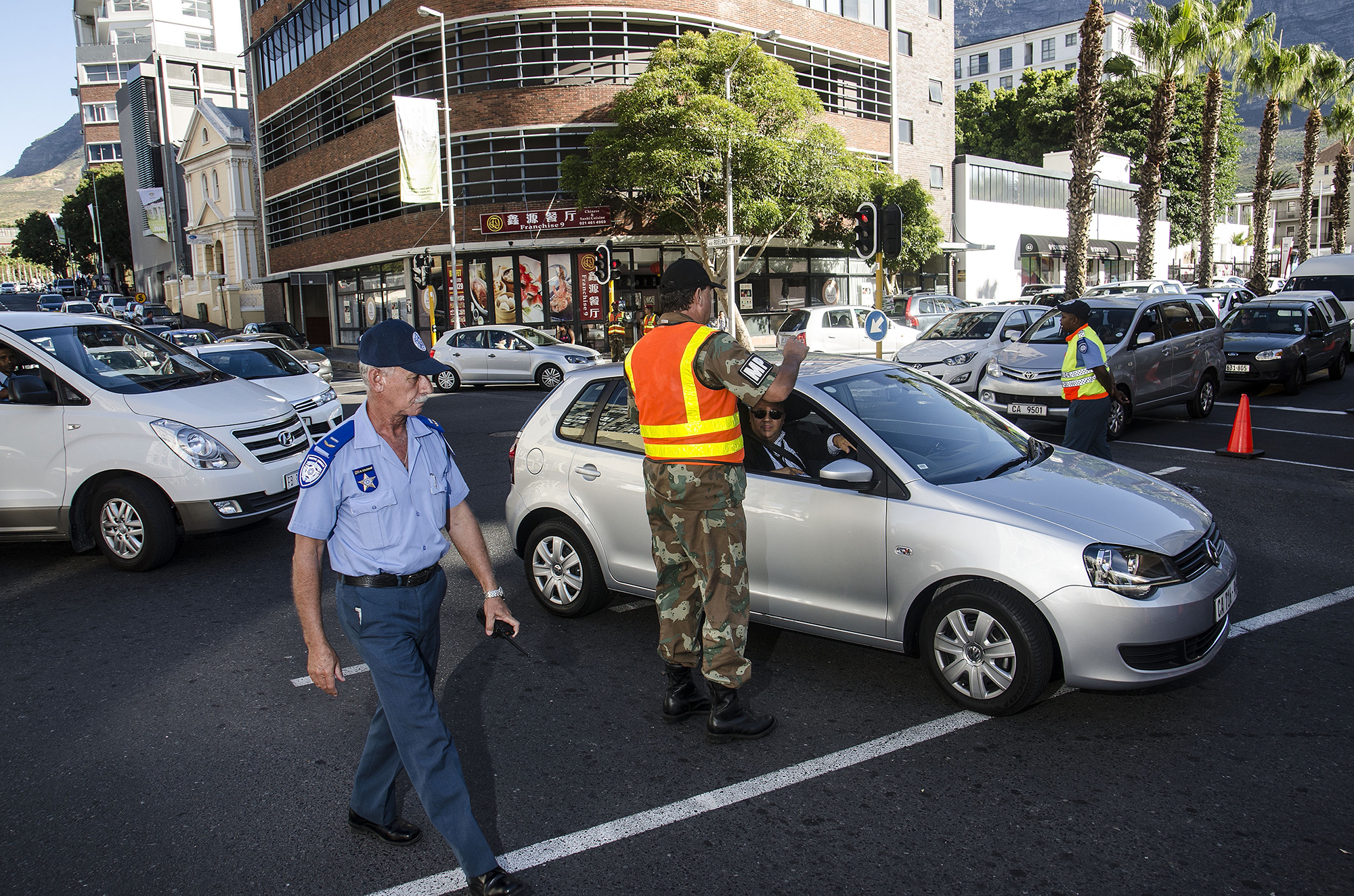More Capetonians are being caught for drunken driving. That’s according to the City of Cape Town’s metro police head, Wayne le Roux, who told the City’s Safety and Security Committee that in the past year, according to the 2017/2018 SAPS crime statistics, the number of drivers arrested for driving under the influence rose by 8.1% compared to the 2016/2017 results.
And in just three months, from April to June 2019, there were 957 arrests for reckless and negligent driving.
Between July 2018 and June 2019, two million SMS messages were sent to motorists informing them of their outstanding fines.
“We’re fully in control of the execution of warrants but the voluntary payments, we’re going to have to monitor that,” Le Roux told the committee on Wednesday, 7 August.
In total there were about 54,000 outstanding fines.
Taxi operating licences
ANC councillor Khaya Yozi asked about the slow process of issuing taxi operating licences, which he said left Uber and Taxify drivers “sitting with huge frustrations that they’re not given permits. They are losing money.”
Uber and Taxify drivers who were found to be operating without an operating licence risked having their cars impounded. Yozi told the committee that one driver he spoke to told him he had tried to get an operating licence, “but there was no response and he was told that they [the provincial regulatory authority] were short-staffed”.
The Mayco member for Safety and Security, JP Smith, told Yozi the issue of operating licences “could be asked in the Transport Committee”. However, Smith said he didn’t think the issue with the province’s regulatory entity, which issues the operating licences, was staff shortages. Rather, Smith said, it was that the province could be reluctant to issue operating licences because there were cars “flooding certain areas” and this could lead to “unhealthy competition”.
Smith said drivers had asked that “we suspend impoundments. We can’t do this. It’s like someone being allowed to walk around with a firearm while they wait for their licence.”
The issue of having an operating licence also extended to minibus taxi drivers and which routes they were allowed to use.
“The first thing we ask is ‘Show me your licence’, which clearly shows which routes they need to take. If anyone was operating without an operating licence they are immediately arrested and their cars impounded,” said Le Roux.
Smith described the operating licences as a “complex matter” that also needed to consider “internal taxi politics”. DM
This article is more than 6 years old
South Africa
One for the roadblock: Drunken driving arrests spike in Cape Town
The City of Cape Town’s Safety and Security Committee has heard that increasing numbers of drivers are being arrested for being drunk behind the wheel. And Uber and Taxify drivers are complaining about the slow issuing of operating permits.





